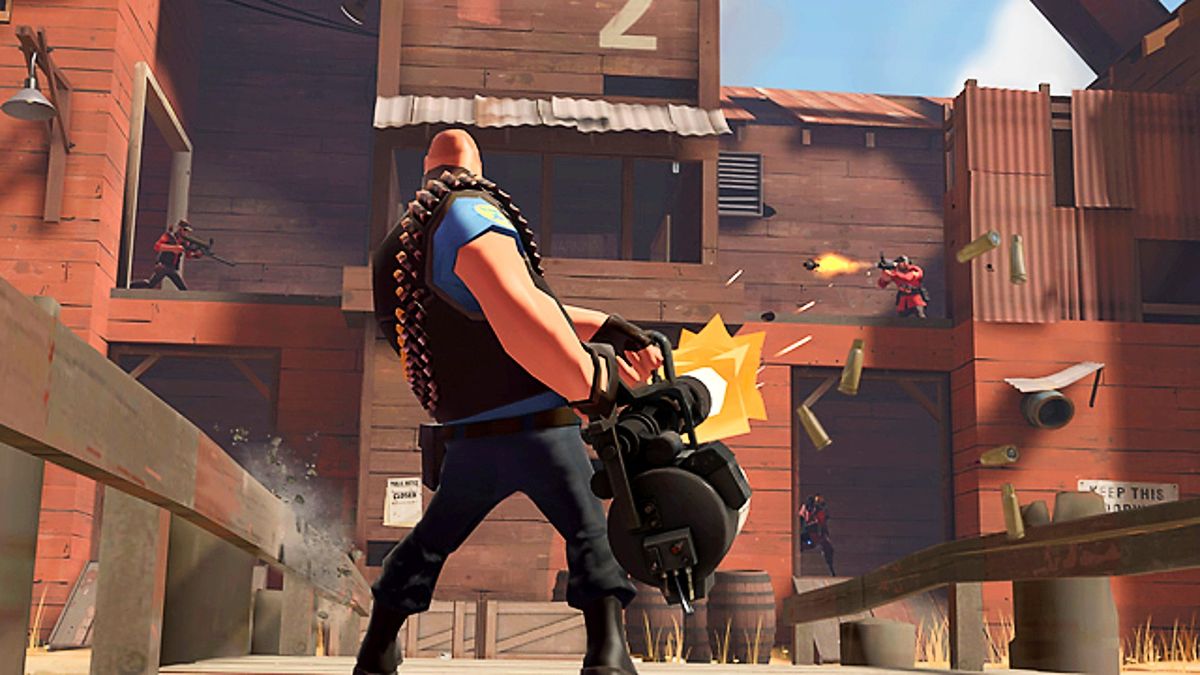
Just how whispers about a film’s quality sweep the Croisette before anyone’s seen a frame is one of the festival’s mysteries, but word on the boulevard yesterday was that Paolo Sorrentino’s The Great Beauty ( La Grande Bellezza ) is a masterpiece.
It’s not, but it is one of the competition’s strongest showings so far, its large canvas, heavyweight themes and stylistic verve inviting Palme d’Or chatter.
Consciously evoking Fellini’s La Dolce Vita and Roma in location and ideas, The Great Beauty swoops and soars about the capital in a tireless effort to capture every party, art show and dinner, with an endless array of aristocrats, journalists, criminals, artists, politicians and intellectuals fluttering through the ravishing compositions like swirling confetti in the wake of a bullet train.
Our host is sixty-something Jep Gambardella (Sorrentino regular Toni Servillo), journalist, seducer, and, in his youth, author of highly acclaimed novel ‘The Human Apparatus’. Jep occupies the centre of every social event, a smile playing on his creased, scalloped face as he weighs up his fellow creatures’ behaviour.
If there is a plot to speak of, it is whether Jep can find it within himself to write a second book. His sardonic put-downs and withering appraisals are the highlight of every gathering, but can he do what Flaubert dreamed of but never managed – to write a book about “nothingness”?
Closer in stylistic brio to Il Divo than the formal elegance of The Consequences Of Love or This Must Be The Place , The Great Beauty serves up fast-moving, Dionysian party scenes that are greater than Gatsby’s and its dialogue also dazzles, never more so than when Jep’s sharp words pricks a friend’s bloated self-esteem by explaining how she’s just as selfish and worthless as everyone else.
The intellectual chatter and pithy post-modernity of this grotesque gallery of self-satisfied faces will distance some, but it is, of course, the very point of the film, with Sorrentino and Umberto Contarello’s script drawing attention to the games this social set play to distract from the emptiness beneath.
In fact, it’s the screenplay’s insistence to spell out its themes that keep greatness at bay, Jep offering up a few too many on-the-nose observations and summations when the truth is all about for everyone to see.
Even so, The Great Beauty whooshes around the screen anchored by a magnificent central performance (Servillo’s wry humour and crinkly eyes make a potentially repugnant character hugely likeable) and is that rarest of things: a modern film that has the courage – some would say arrogance – to grasp for greatness.
 Game News Video Games Reviews & News
Game News Video Games Reviews & News


